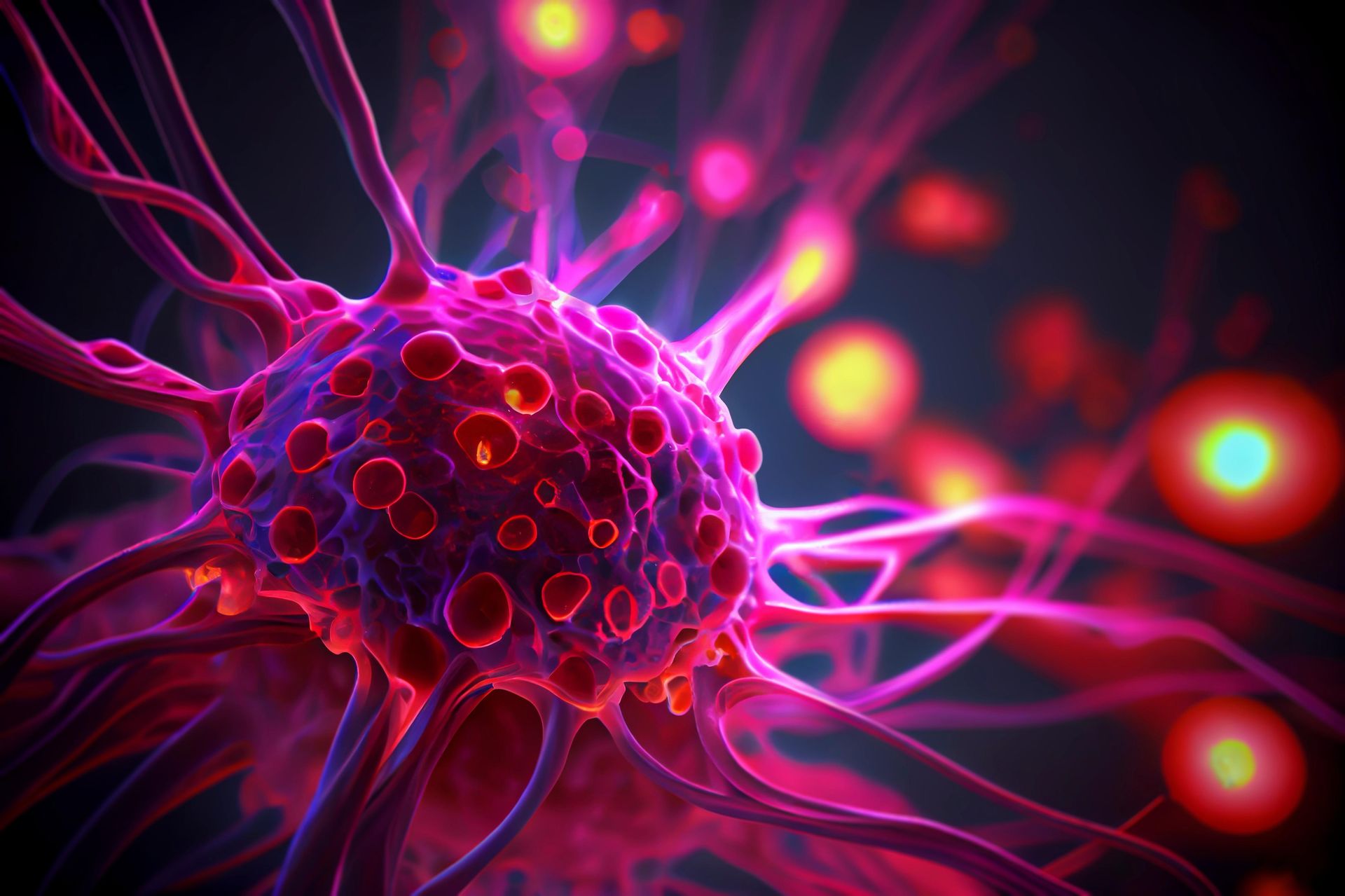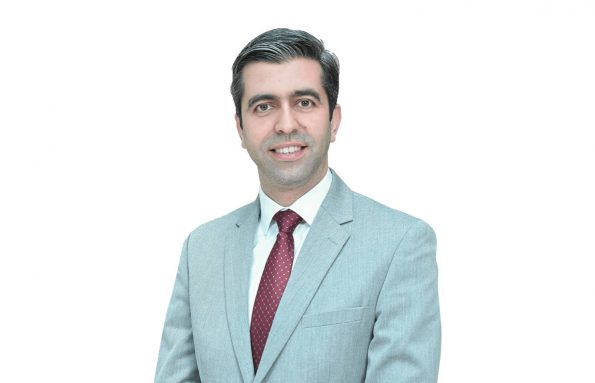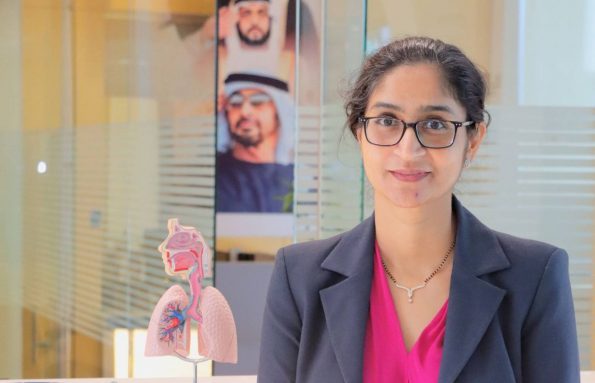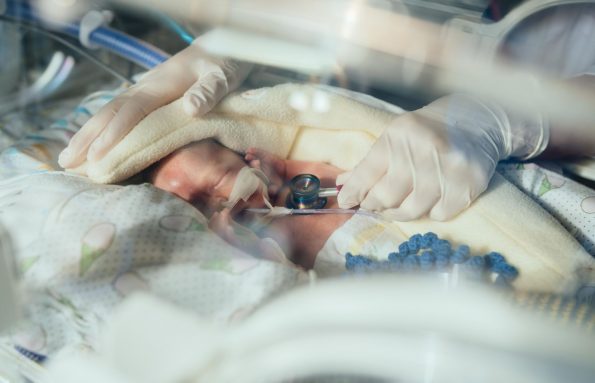Sarcoma is a rare form of cancer that begins in the body’s connective tissues – such as muscles, bones, fat, or blood vessels. Unlike more common cancers that affect organs like the lungs, colon, or breast, sarcomas can develop in almost any part of the body.
Since sarcoma is not widely known, symptoms may be overlooked or mistaken for other conditions. Raising awareness about this uncommon cancer is key to early diagnosis and effective treatment.
What Is Sarcoma?
Sarcoma is the general name for a group of cancers that begin in the tissues that support or connect parts of the body. There are two main categories:
- Soft tissue sarcoma begins in muscles, fat, nerves, or blood vessels.
- Bone sarcoma starts in the bones and is commonly referred to as bone cancer.
Sarcomas can affect both children and adults. They may grow slowly or quickly and often appear as a lump or swelling, which may or may not be painful.
How Is Sarcoma Different from Other Types of Cancer?
Most cancers begin in organs or glands, such as the breast, lungs, or liver. Sarcoma, on the other hand, starts in supportive tissues, and because of this, it can be more difficult to detect. It may be confused with other conditions such as cysts, bruises, or sports injuries.
Sarcoma is rare, which means many healthcare professionals may only encounter a few cases, making early recognition even more important.
Recognising the Signs
In many cases, sarcoma does not cause noticeable symptoms in the early stages. However, some signs to be aware of include:
- A lump that continues to grow over time
- Unexplained swelling in a limb
- Ongoing bone pain, especially during the night
- Limited movement or stiffness in a joint
- Fractures that occur without a clear cause
Any persistent or unusual symptoms should be discussed with a medical professional.
The Importance of Early Diagnosis
When detected early, sarcoma can often be treated successfully. The main treatment options may include surgery, chemotherapy, and radiation therapy. If diagnosis is delayed, cancer may spread to other parts of the body, such as the lungs, making treatment more complex. Prompt evaluation of any suspicious symptoms improves the chances of a better outcome.
Promoting Awareness and Hope
Although sarcoma is uncommon, increased awareness leads to earlier diagnosis, better treatment outcomes, and stronger support for those affected. It is important to monitor the body for unusual changes and to seek medical advice if symptoms persist.
Sarcoma may be rare, but with informed care and timely action, patients can look forward to positive outcomes and improved quality of life.






